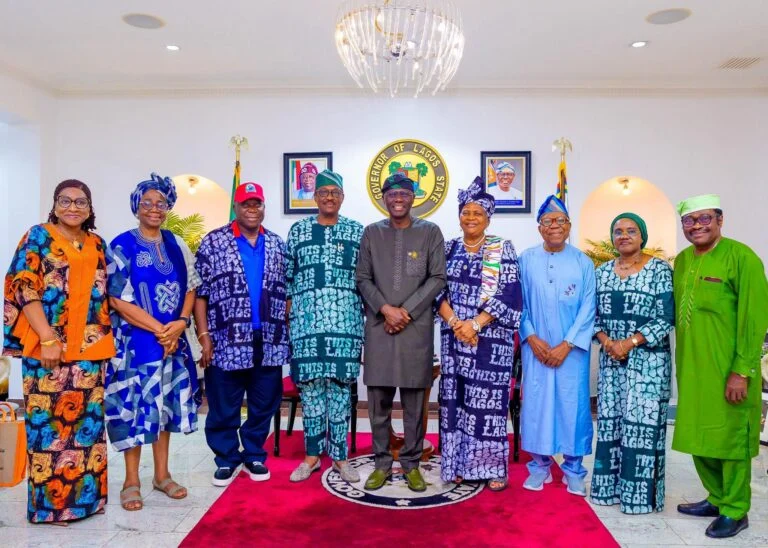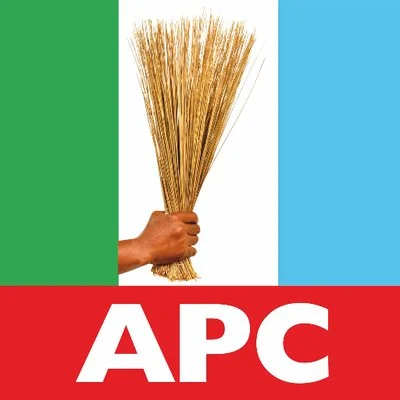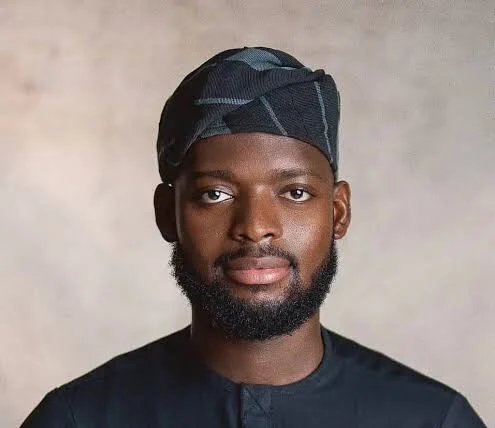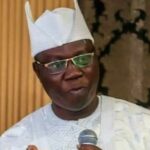Turaki Takes Over as PDP Chairman After Standoff at Party Secretariat
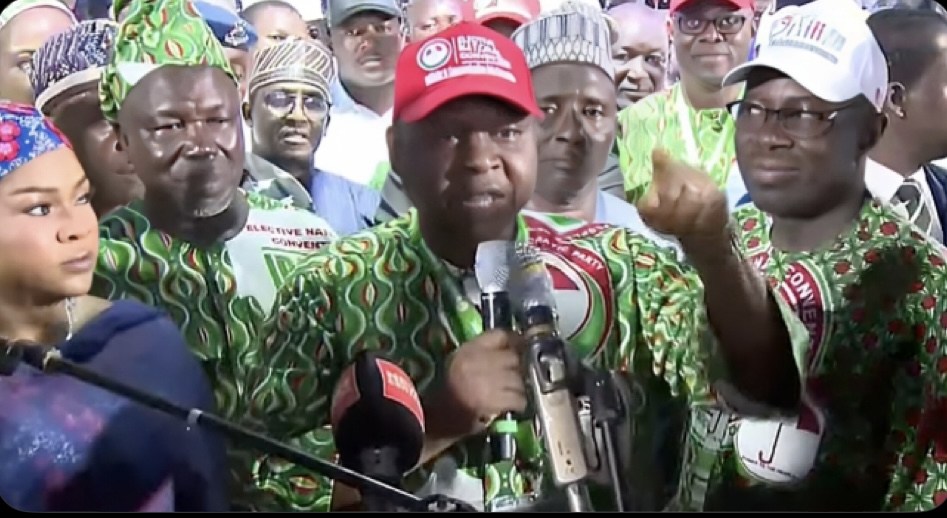
Kabiru Tanimu Turaki (SAN) on Tuesday officially assumed duty as the National Chairman of the Peoples Democratic Party (PDP) after a tense and chaotic standoff at the party’s national secretariat in Abuja, marking one of the most dramatic transitions in the party’s recent history Turaki, who emerged as chairman at the recently concluded national convention in Ibadan, arrived at the Wadata Plaza headquarters in the company of governors, party leaders, and supporters loyal to his camp. His attempt to take possession of the secretariat was immediately met with resistance from a rival faction, triggering a prolonged showdown that drew national attention Witnesses reported that rival supporters gathered in large numbers outside the secretariat, blocking entrances and engaging in heated verbal exchanges.
The tension escalated when police operatives deployed to the scene were forced to fire tear gas to disperse increasingly rowdy crowds. The heavy security presence, including riot units and patrol vehicles, underscored the seriousness of the confrontation and the party’s deepening internal crisis After hours of back-and-forth between the two camps, Turaki and his entourage eventually gained access to the complex. Inside the NEC hall, he addressed journalists and senior party officials, condemning what he described as coordinated attempts by “anti-democratic elements” to disrupt the party’s lawful processes. He vowed that under his leadership, the PDP would no longer tolerate acts of indiscipline or sabotage aimed at stalling the party’s progress Turaki also announced the postponement of the inaugural National Working Committee (NWC) meeting previously scheduled for the day, citing security concerns and the need to restore order following the chaotic scenes at the secretariat. He emphasized that the party must first stabilize its internal environment before convening strategic meetings The standoff at the secretariat follows weeks of escalating tension within the PDP, particularly after the Ibadan convention, which was boycotted by a powerful faction and accompanied by controversial dissolutions of some state executives. These actions widened existing cracks within the party and have fueled fresh disputes over leadership legitimacy and control of party structures Political observers say Turaki’s takeover represents both an opportunity and a formidable challenge. On one hand, his emergence has been welcomed by those who believe the party needs a more assertive and consensus-driven leadership. On the other hand, the fierce opposition he encountered at the secretariat signals the depth of factionalism he must overcome Analysts warn that if the rift within the PDP is not urgently addressed, it could lead to prolonged court battles, parallel leadership claims, and further erosion of the party’s stability ahead of the 2027 elections. Many believe that the success of Turaki’s tenure will depend on his ability to reconcile warring blocs and rebuild trust among party faithful who have grown weary of recurring internal disputes Despite the tension, Turaki expressed optimism, assuring members that reconciliation efforts would soon begin and that the party would emerge stronger from the crisis. He urged all stakeholders to prioritize unity and collective interest over personal or factional agendas As the dust settles on the showdown at Wadata Plaza, the PDP faces a defining moment. Whether Turaki’s leadership becomes the catalyst for a renewed, unified opposition or the beginning of yet another prolonged leadership battle remains a question that the coming weeks and months will answer.


